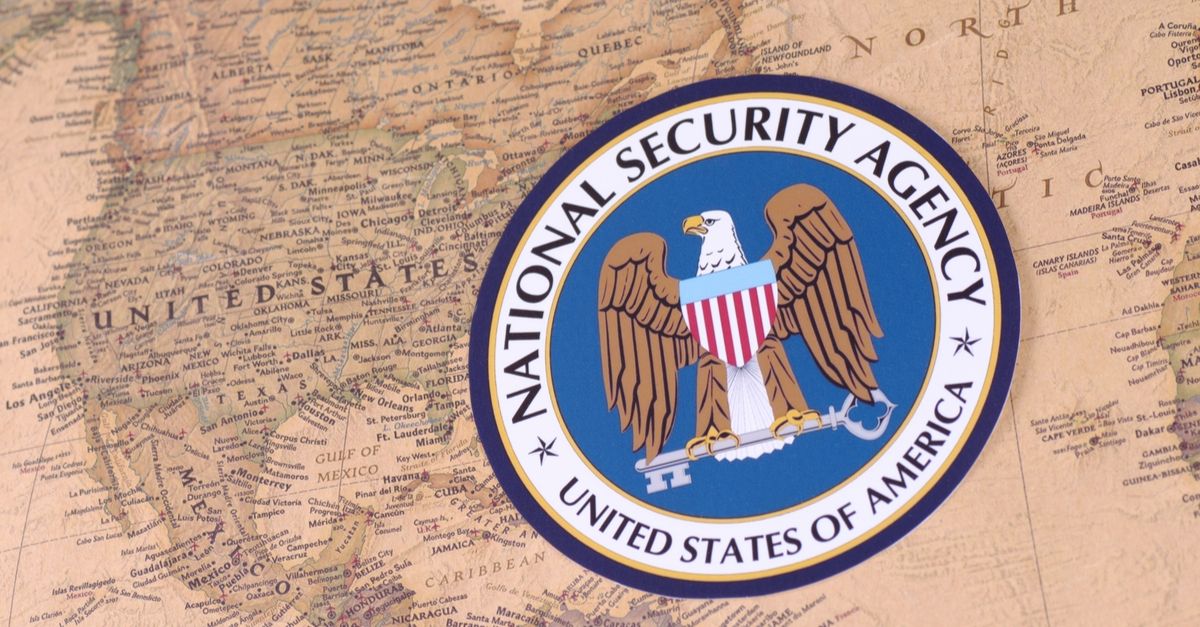The National Security Agency (NSA) has asked to end its mass phone surveillance program because the work involved outweighs its intelligence value, according to reports this week.
Sources told the Wall Street Journal that the NSA has recommended the White House terminates its call data records (CDR) program. The logistics of operating it aren’t worth the intelligence that it provides, they said.
The NSA’s clandestine phone records gathering program dates back to the introduction of the Patriot Act in 2001, shortly after the 9/11 attacks on the US. Section 215 of the Act enabled the US intelligence community to collect extensive information.
Shortly afterwards, President George Bush authorized the warrantless collection of data about international telephone calls and emails, and the NSA began collecting data under a program called Stellar Wind.
In 2006, a class action suit targeted Verizon, BellSouth and AT&T, alleging that they handed over call records to the NSA. In 2013, Edward Snowden publicly revealed documents detailing the Stellar Wind program. The American Civil Liberties Union (CLU) sued then-director of national intelligence James Clapper to stop the bulk metadata collection program for violations under the first and fourth amendments.
The ACLU won its case on appeal in May 2015, just before Section 215 expired under a sunset clause. Congress passed the Freedom Act a day after the clause expired, sustaining Section 215 but with new restrictions. One of these included the retention of bulk call metadata by the phone companies. The NSA would have to query it using specific selectors to limit the number of records gathered. This contrasts with the previous practice, in which the NSA collected and held call data records itself.
This legislation seems to have made the bulk data collection program less useful. The WSJ cites one government official saying that:
The candle is not worth the flame.
The CDR program has come under increasing political pressure in recent months. In March, Senators Ron Wyden and Rand Paul introduced the Ending Mass Collection of Americans’ Phone Records Act of 2019, which aims to eliminate the program. Wyden said at the time:
The NSA’s sprawling phone records dragnet was born in secrecy, defended with lies and never stopped a single terrorist attack. Even after Congress acted in 2015, the program collected over half a billion phone records in a single year. It’s time, finally, to put a stake in the heart of this unnecessary government surveillance program and start to restore some of Americans’ liberties.
The pair were concerned by a public statement by the NSA in June 2018, in which it admitted to collecting some call data records that it was not authorized to receive, due to “technical irregularities”.
The senators wrote a letter to the NSA’s inspector general detailing their concerns in August 2018.

Bryan
Reminds me of that NSA scene in the Simpsons movie.
A wiretap lurker in a vast room with thousands of desks and identical surveillance setups excitedly stood up and shouted “I found one! Yeah baby yeah!“
Danny Bradbury
Apparently they called CDRs ‘pizza cases’ internally, alluding to the fact that things like pizza delivery orders outweighed the real intel.
Epic_Null
They must HATE the spambot problem then.